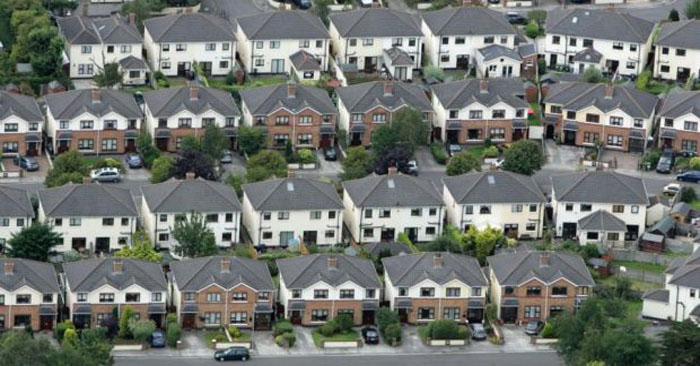Update for Residential Landlords and Student Accommodation Providers
Thursday, 15 August 2019
In this update, we outline some of the key changes relating to rental properties and student accommodation brought about by the Residential Tenancies (Amendment) Act 2019 (the “2019 Act”) and the Housing (Standards for Rented Houses) Regulations 2019 (the “2019 Regulations”)
Student Specific Accommodation
Student specific accommodation provided by educational institutions is now governed under the Residential Tenancies Act 2004 (as amended) (the “2004 Act”). Student accommodation provided by the private sector is also now clearly within the jurisdiction of the Residential Tenancies Board (the "RTB”). This now includes accommodation under both licences and tenancies, where it used to only include tenancies. These laws will affect accommodation provided by both public education institutions and private accommodation providers for the sole purpose of housing students during academic term times.
Up to this, it was considered that student accommodation fell outside the remit of the RTB. Now providers will be subject to the conditions imposed by the 2004 Act, including regarding rent controls in respect of any Rent Pressure Zones (“RPZs”) in which they are situated.
The section of the 2019 Act dealing with these licences commenced on 15 July 2019 and the RTB is now open to receive registrations. For licences regarding student accommodation commenced within 3 months of this date the licences must be registered within 4 months of the commencement date of the licence. A licence entered after this date requires registration within one month of the commencement date of the licence. Any changes to students living in a dwelling during the year require another registration but no additional fees. Registrations can be completed by the landlord via the RTB portal for student specific accommodation while the laws in relation to rent reviews are the same as apply to other tenants.
Rent Pressure Zones
The deadline for RPZs is to be extended for two years from 31 December 2019 to 31 December 2021, keeping the maximum increase in rent to be capped at in the region of 4% annually. See link to our previous article on RPZs
A definition of “a substantial change in the nature of the accommodation provided under a tenancy” has been included. Prior to this a tenancy may not be captured by the RPZs if a substantial change to the accommodation or upgrading works were made by the landlord but substantial change was not defined and was therefore open to wide interpretation.
New Sanctions for Landlords and Powers of RTB
A new administrative sanctions regime has been provided for Landlords engaged in “improper conduct”. Sanctions in relation to improper conduct can include a direction to the landlord to pay to the RTB a sum up to €15,000 for the improper conduct by the landlord; and/or a sum up to €15,000 for costs incurred by the RTB in investigating the matter. Click here to view our previous article on this issue.
Termination of Tenancies
Landlords are now required to comply with new notice periods when terminating a tenancy, with longer notice periods required for some tenancies. The duration of current and new notice periods are compared in a table below.

On termination by a landlord on grounds of a sale of the property, the period within which a landlord intends to enter into an enforceable agreement for the transfer to another of his or her interest has been lengthened from 3 to 9 months.
Developments in Housing Standards
Under the 2019 Regulations, there are minimum standards every rented property must comply with. This means that the landlord must maintain the property in a sound state, inside and out. Local authorities are responsible for enforcing these minimum standards including inspection of properties. For example, each landlord must provide under these regulations;
- A water closet with a dedicated wash hand basin with hot and cold water
- A separate room, for the exclusive use of each rented unit, with a toilet, a washbasin and a fixed bath or shower with hot and cold water
- A fixed heating appliance in each room, which is capable of providing effective heating and which the tenant can control
- Where necessary, suitably located devices for the detection and alarm of carbon monoxide
- Facilities for cooking and for the hygienic storage of food including, a 4-ring hob with oven and grill, fridge-freezer and microwave oven
- A fire detection and alarm system, and fire blanket
The 2019 Regulations replace the Housing (Standards for Rented Houses) Regulations 2017 and came into operation on 1 May 2019.
For further information on
the 2019 Act, 2019 Regulations contact Neil Dunne
(Partner, Property) or Valerie
Hourigan (Partner, Litigation & Dispute Resolution). For general
queries in relation to residential property and tenancies a member of our Residential
Property team.

